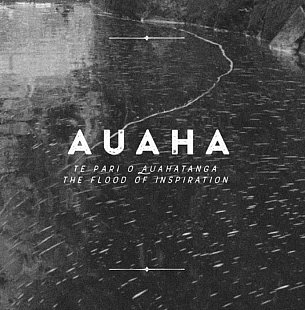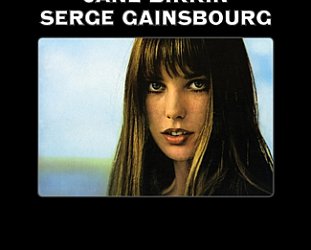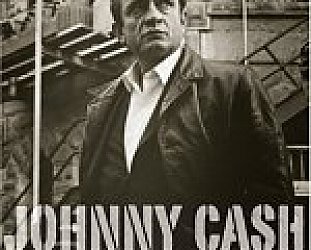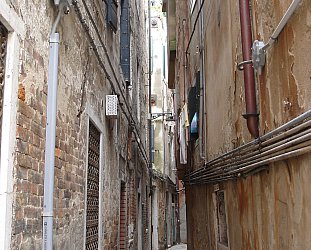Graham Reid | | 2 min read
E Moko E

One of the nominees at the recent Waiata Maori Music Awards in the Maori Traditional Album category, this immensely moving collection of waiata, taonga puoro and ambient noise from its sometimes in situ recording beside the Whanganui River (not long after it was designated a legal entity under the Treaty) was born of as much hardship as celebration.
When that river flooded in one of those increasingly frequent “once in a 100 years” events, it inspired this local music and arts collective to journey up the river and find inspiration, then record these 12 pieces on a riverside marae and in their musicians club.
It's not all what many might consider “traditional” because on songs like the dense and driving te reo/English synth-pop of Swirl by Ariana Tikao (who also wrote the haunting, almost a cappella piece E Moko E with bird noise/taonga puoro in the background) we are very much in the 21st century.
And the punchy and affecting Mangawaiti by Elise Goodge bridges past and present in a compelling haka-meets-sonic evocation of a battle between Ngapuhi and Whanganui which took place on the river (although no wah-wah pedals were used at the time).
And Bed of Roses by Charles Ranganui -- recorded at Koriniti Marae -- is a soulful and consideration of old hurts and mistrust, but also the message that tomorrow wil bring a brighter day. (You can almost hear those Dylan lines beaming in: "I remember every face of every man who put me here".)
There is also a "radio edit" of the excellent E Moko E which, for reasons beyond comprehension, extends the 3.16 version on the album to 4.29 which seems to go against the notion of "an edit".
However it is a snappy revision with drums and such designed to appeal to radio programmers . . . if they can get past the quiet intro (Note to jocks: it starts at 1.26),
Frankly, the shorter and better acoustic version is much better and would come out of radio with such quiet power it would require listeners to take pause. (Hmm, maybe radio doesn't want that though?).
But alongside this we also have the rush of the river, tapping stones as percussion, wordless vocals and the sound of taonga puoro (the meditative breathing spaces of Kohatu, E Oriori and Putorino recorded riverside) to remind us of the locale, the power of nature and how we must co-exist with these forces which are uncontrollable and indifferent to us.
There are beautifully understated songs here (the acoustic folk of Flow Down by Te Paerata Tichbon), but this is something more than songs which can be singled out for individual attention.
There is a collective mind of Auaha (which means “to inspire”) behind all of this and at a pinch you could argue this is a concept album, but not of the pretentious and bloated kind which were inflated beyond their means in the Seventies.
This is about an idea born in the hearts of local people knowing and acknowledging their whakapapa in this region and newcomers recognising all that . . . and how Whanganui is a town where a river runs through it.
And that is a fact, we know again, not to be taken lightly.
Quite a remarkable album and story.
You can find out more here . . . and it's worth making the small effort.





post a comment